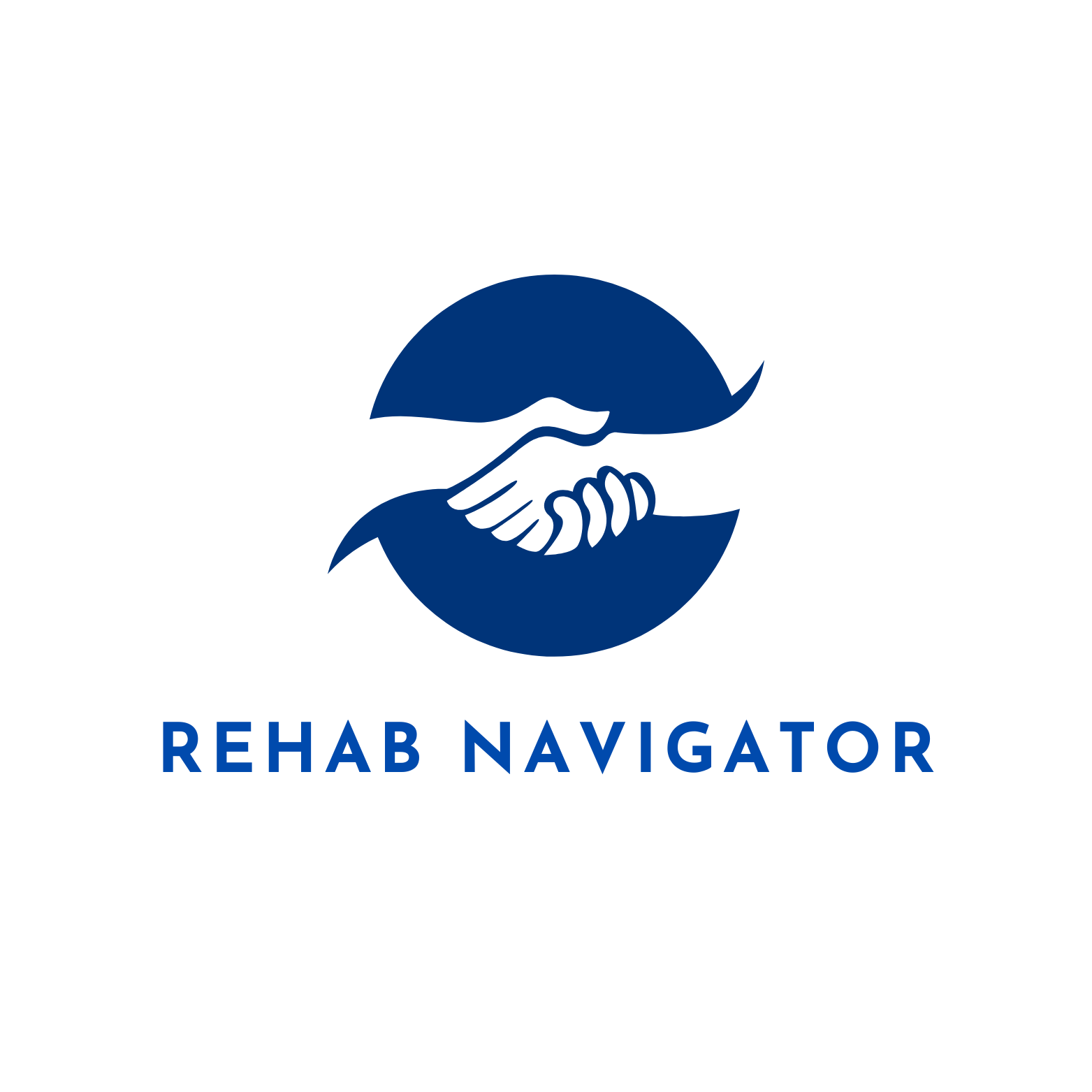
The Importance of Rehab Aftercare Programs for Maintaining Sobriety
What Are Rehab Aftercare Programs?
Rehab aftercare programs are structured support systems designed to help individuals maintain sobriety after completing a rehabilitation program. These programs provide continued guidance, resources, and accountability to prevent relapse and promote long-term recovery. Aftercare can include therapy, support groups, sober living arrangements, and professional counseling.
5 Common Elements of Aftercare Programs
Aftercare programs typically incorporate the following key elements:
Ongoing Therapy and Counseling – Continued individual or group therapy helps individuals address underlying issues and develop coping strategies.
Support Groups – Participation in groups like Alcoholics Anonymous (AA) or Narcotics Anonymous (NA) fosters community support and accountability.
Sober Living Homes – Transitional housing provides a structured and substance-free environment for individuals adjusting to life after rehab.
Employment and Life Skills Training – Programs often include vocational training, financial management, and skill development to help individuals reintegrate into society successfully.
Relapse Prevention Planning – Personalized strategies and emergency plans help individuals recognize triggers and navigate high-risk situations.
What Are Rehab Alumni Programs?
Rehab alumni programs are extended support initiatives for individuals who have completed treatment. These programs offer ongoing engagement through community events, mentorship opportunities, and regular check-ins. Alumni networks help foster a sense of belonging and continuous encouragement, making it easier for individuals to maintain their sobriety.
How Are Rehab Aftercare Plans Created?
Aftercare plans are tailored to meet the specific needs of each individual. The process typically includes:
Assessment of Personal Needs – Evaluating factors such as mental health, family dynamics, and work obligations.
Setting Realistic Goals – Establishing achievable recovery milestones.
Choosing Support Systems – Identifying the best aftercare options, such as therapy or support groups.
Regular Follow-ups – Scheduling check-ins with counselors or support networks to ensure progress.
Sources
National Institute on Drug Abuse (NIDA)
Substance Abuse and Mental Health Services Administration (SAMHSA)
American Addiction Centers (AAC)
Seeking ongoing support through aftercare programs is crucial for maintaining long-term sobriety. If you or a loved one needs help, consider reaching out to a professional today.
